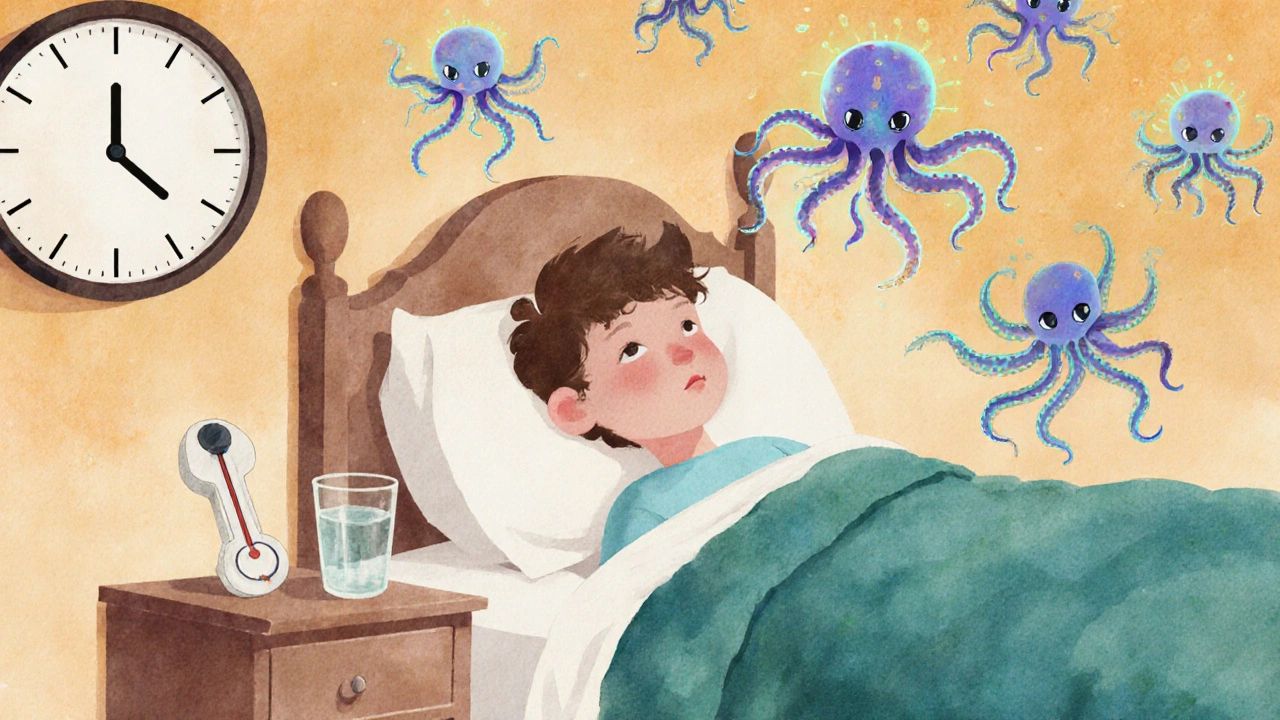Mononucleosis: Causes, Symptoms, and What You Need to Know
When you hear mononucleosis, a viral infection often called "the kissing disease" that primarily affects teens and young adults. Also known as infectious mononucleosis, it’s caused by the Epstein-Barr virus, a member of the herpes virus family that spreads through saliva. It’s not rare—nearly 95% of adults have been exposed by age 40, but not everyone gets sick.
Most people don’t realize mononucleosis isn’t just a bad cold. It hits hard with extreme fatigue, a lingering exhaustion that can last weeks or months, far beyond normal tiredness, swollen glands, and a severe sore throat, so intense it can make swallowing painful and mimic strep. You might also get fever, swollen spleen, or even jaundice. The virus doesn’t go away after symptoms fade—it hides in your body for life, usually harmless but sometimes reactivating without warning.
There’s no cure. Antibiotics don’t work because it’s viral. Rest is the only real treatment, but knowing what to watch for saves you from complications. Lifting weights or playing contact sports too soon? That’s how a ruptured spleen happens. Dehydration from not drinking because your throat hurts? That makes fatigue worse. And if you’re still wiped out after three weeks, you’re not lazy—you’re recovering from a virus that hijacks your immune system.
The posts below cover what actually helps when you’re stuck on the couch: how to ease a sore throat without meds, why your energy crashes even after sleep, what blood tests really show, and how to tell if it’s mono or something else. No fluff. Just what works—and what doesn’t—based on real experiences and medical guidance.
Mononucleosis, caused by the Epstein-Barr virus, leads to severe fatigue and prolonged recovery. Learn symptoms, risks like spleen rupture, why antibiotics don't work, and how to safely return to normal activity.

